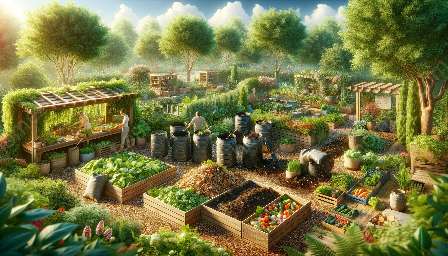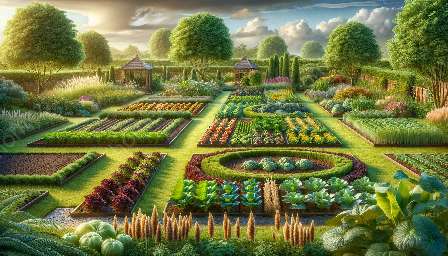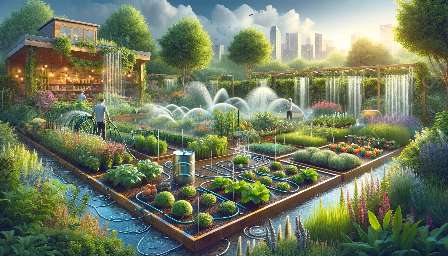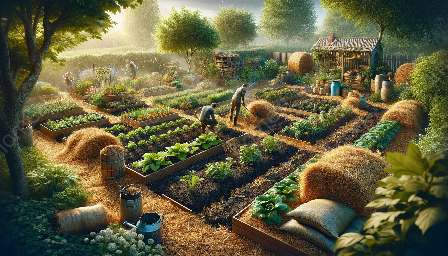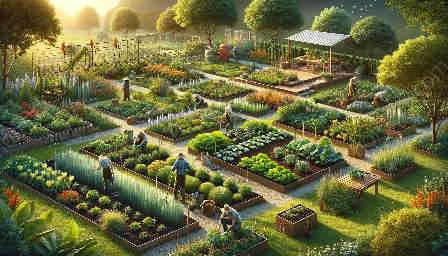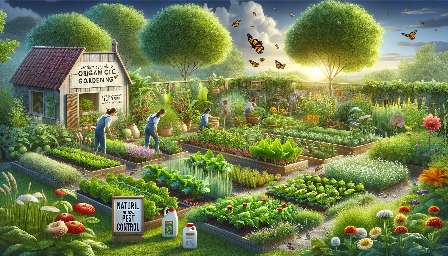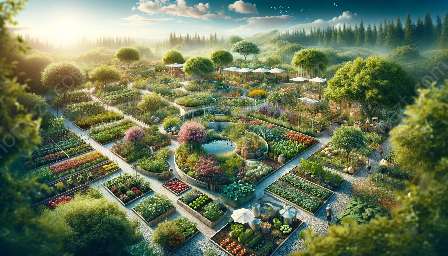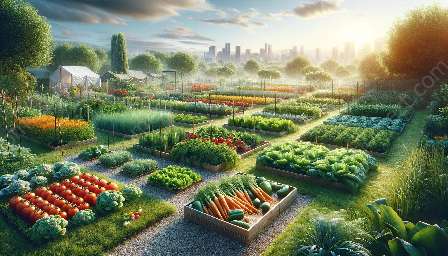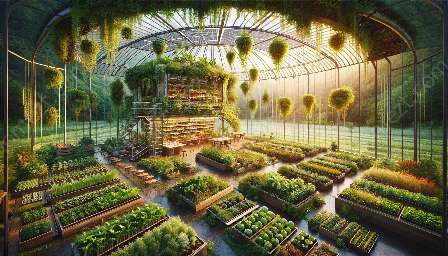Welcome to the ultimate guide to organic vegetable gardening, where we'll explore everything you need to know about growing your own vegetables in an environmentally-friendly and sustainable way. From the basics of starting a vegetable garden to tips for creating an attractive and productive space, this guide will cover it all.
Getting Started with Organic Vegetable Gardening
When it comes to vegetable gardening, choosing to go organic means gardening without the use of synthetic chemicals, pesticides, or fertilizers. Instead, organic gardening focuses on nurturing the soil and working with nature to promote healthy plant growth. To get started, it's essential to select a suitable location for your vegetable garden that receives plenty of sunlight and has well-draining soil.
Choosing the Right Vegetables
One of the most exciting aspects of vegetable gardening is the wide variety of vegetables you can grow. When planning your organic garden, consider the climate and growing conditions in your area, as well as your personal preferences for vegetables. Some popular options for an organic vegetable garden include tomatoes, peppers, lettuce, cucumbers, carrots, and beans.
Preparing the Soil
- Compost: Organic gardening relies on the use of compost to enrich the soil and provide essential nutrients for plant growth. Create your compost pile using kitchen scraps, yard waste, and other organic materials, and incorporate it into the soil before planting.
- Mulching: Mulching is an essential practice in organic gardening to help retain moisture, suppress weeds, and maintain soil temperature. Consider using materials such as straw, wood chips, or shredded leaves for an effective and natural mulch.
Caring for Your Organic Vegetable Garden
Once your vegetable garden is established, proper care and maintenance are key to ensuring a bountiful harvest. Here are some tips for maintaining a healthy and productive organic garden:
- Watering: Provide consistent moisture to your plants by watering deeply and regularly. Consider using a soaker hose or drip irrigation system to deliver water directly to the root zone.
- Weeding: Keep your garden free of weeds by regularly removing them by hand or using natural weed control methods such as mulching and hoeing.
- Pest Control: In an organic garden, it's important to manage pests using natural and sustainable methods. This could include introducing beneficial insects, using physical barriers, or utilizing organic pest control products.
Integrating Organic Gardening into Your Landscaping
Organic vegetable gardening can be seamlessly integrated into your overall landscaping design, adding both beauty and functionality to your outdoor space. Consider incorporating raised beds, trellises, and container gardens to showcase your organic vegetables while enhancing the aesthetic appeal of your landscape.
Companion Planting
Explore the concept of companion planting to maximize the productivity and health of your organic vegetable garden. By strategically pairing compatible plants, you can naturally repel pests, improve soil fertility, and encourage pollination, leading to a thriving and harmonious garden ecosystem.
Conclusion
Organic vegetable gardening offers a rewarding and sustainable way to grow your own produce while promoting environmental stewardship. By following the principles of organic gardening and incorporating thoughtful landscaping techniques, you can create a beautiful and productive vegetable garden that reflects your commitment to organic living.


